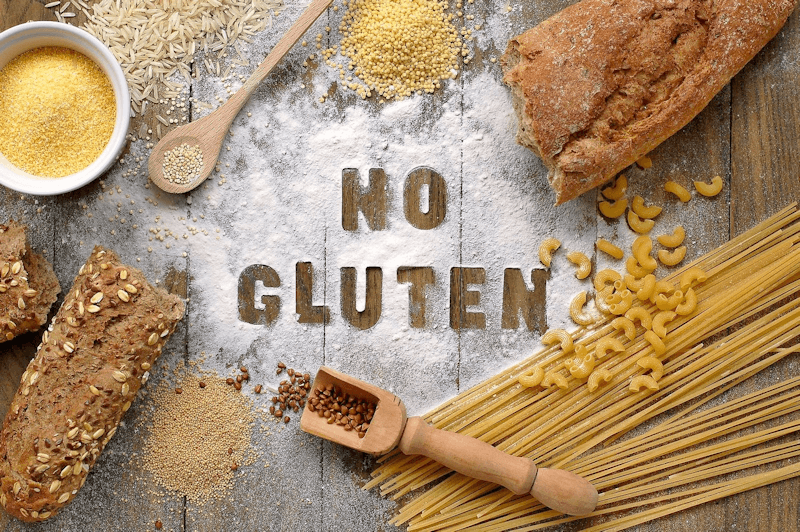Nutrition
Should You Avoid Gluten? Your Thyroid Says YES!
There are many reasons to be wary of modern gluten, but is going gluten free best for your thyroid? Most of us are aware that people who suffer from celiac disease must avoid gluten as eating it can cause a severe (even fatal) reaction. There is also an increasing awareness of how gluten can affect the thyroid, and those with an auto-immune thyroid disorder. In this article we’ll look at why this is and the benefits of avoiding gluten altogether.
Humans have eaten gluten containing foods like wheat, barley, and rye for thousands for years and for the most part it has sustained us pretty well. That is until modern farming and hybridization radically changed the grains we eat into something very different, and made many people sick in the process. Many people experience this as gluten sensitivity and symptoms can range anywhere from a mild stomach upset to chronic inflammation, heart palpitations, and severe brain fog among others. However, if you have an auto-immune related thyroid condition like Hashimoto’s Thyroiditis or Graves’ Disease, eating gluten can exacerbate symptoms and even increase the damage to your thyroid.
The reason for this is that the protein within gluten (gliadin) is very similar in structure to those produced by the thyroid gland and if these gluten proteins manage to enter the bloodstream via a leaky gut (which can actually be caused by eating gluten) – an immune response is triggered which may then cause the body to attack the thyroid. The link between eating gluten and thyroid damage has been studied extensively, and it has been shown that some thyroid conditions can be improved or potentially reversed by excluding gluten from the diet.
For example, one “study found that when most of those with subclinical hypothyroidism were placed on a gluten free diet, their thyroid function normalized! 71 percent of people who had subclinical hypothyroidism (a mildly underactive thyroid) and who had strictly followed a one-year gluten withdrawal (as confirmed by intestinal mucosa recovery) saw a return to normal thyroid function.”
How easy is it to quit gluten?
The answer is, not as easy as it sounds. Most people are aware that wheat products like bread contain gluten, however gluten is threaded throughout much of our modern diet and is hidden in many packaged foods and drinks. For example, many ingredients listed as ‘flavor’ or ‘spices’ may contain gluten, soy sauce contains gluten (Whereas gluten-free tamari does not), even oats often contain gluten as most are processed in the same equipment as wheat, so unless the oats are certified gluten-free you should consider avoiding them. The most effective way go gluten-free is to radically simplify your diet, eating mostly foods which you have made yourself, or that you know have been made using basic ingredients that you can identify, and are sure contain no gluten.

